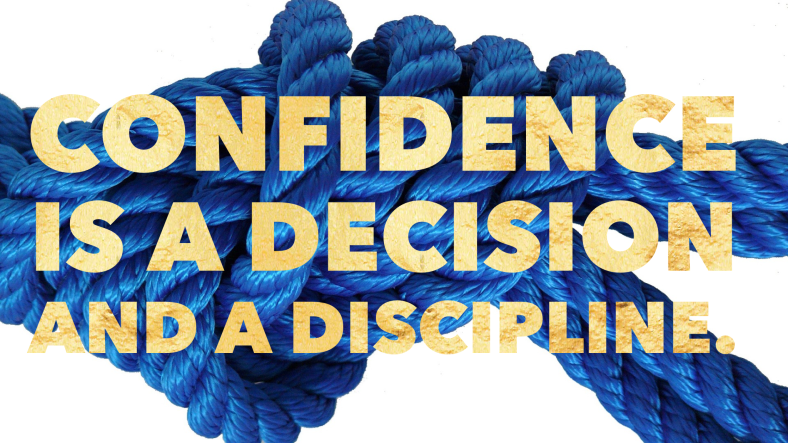
Conflict is story
At the core of every story is conflict. Conflict keeps us engaged and wanting to read on. It’s meaningful and relatable, and why we love stories. This conflict must be powerful, deep and complex enough that it requires an entire novel to resolve.
How do writers technically create conflict?
Here are some ideas:
- Ensure the stakes are high enough – If your main character doesn’t stand to lose much, no one will care about the ending. If true love, or life and death, or a great moral dilemma fill your story, then readers will want to go on turning the pages.
- The opening scene must contain a mini conflict – The purpose of this is to hook your reader in by revealing key aspects of your main character while also alluding to the nature of the broader conflict they face. Opening scenes are a taster aimed at drawing the reader in for more.
- You must have complex and engaging characters who want different, opposing things – Given that stories are character driven, your main character needs to have many sides, and be flawed, relatable and want something badly that isn’t easy to obtain. Pitting characters who have different goals against each other creates friction and is how your characters reveal who they truly are.
- Conflict must be inner as well as outer – The protagonist must face internal conflict as well as some outer struggle. Stories are often about journeys of the self, about change and transformation. This must be reflected at every level in every chapter in the moral dilemmas the character has to deal with while facing opposing outer forces.
- The threat must be constant and immediate – The reader must feel the danger at every turn meaning in every scene and chapter. Readers shouldn’t be allowed to forget what’s at stake for a moment.
- Ensure the action happens in the present – While short flashbacks (no more than 1-2 paragraphs) can reveal character, they aren’t immediate. Instead, reveal character in small bites and through what they do. Keep readers in the moment by staying in the moment.
- Every word must count – Each word you write counts. If it doesn’t, get rid of it. In particular, use strong nouns and verbs that reflect the kind of issues at stake in your story. Likewise, if a scene doesn’t reflect the theme and move your story forward, then get rid of it. No one wants to go down rabbit holes that lead nowhere.
- Include scene and chapter arcs – Every scene and chapter has an arc – a beginning, rise and climax or reversal at the end. These components build towards the novels’ overall story arc, building tension as they go.
- Everything should reflect tension – The environment, the characters, the music, the smells, the colours and the weather are just some things that can reflect tension, building atmosphere in support of your story. If your character is sad, the sky can be cloudy, if they’re tense, traffic around them can be chaotic.
- Believe in your story and tell it passionately – If you don’t believe in your story, no one else will. Your story therefore needs to be something that you MUST tell. This will keep you writing and rewriting to perfection. Remember not to be too hard on your first draft. Add layers in the redrafts.


 Grammar is the rules or conventions that make the meaning of language and sentences clear.
Grammar is the rules or conventions that make the meaning of language and sentences clear.




 As you can see by the well-worn cover, I love this beautifully written 1978 biography of the editor, Max Perkins. It’s not so much a how-to book on writing but a story of how a humble though intellectual man discovered, fought for and supported his list of writers, many of whom became famous.
As you can see by the well-worn cover, I love this beautifully written 1978 biography of the editor, Max Perkins. It’s not so much a how-to book on writing but a story of how a humble though intellectual man discovered, fought for and supported his list of writers, many of whom became famous.